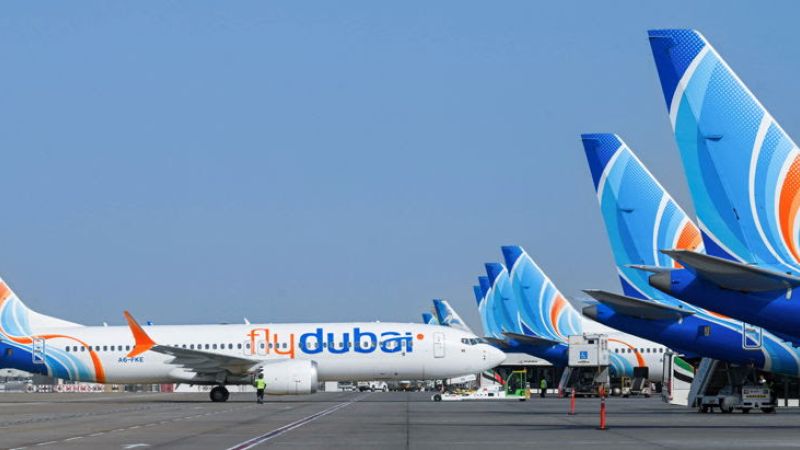flydubai has taken delivery of seven new aircraft so far this year, with a further five Boeing 737 MAX 8s due before year-end, as part of an ambitious fleet and network expansion strategy.
The new arrivals, delivered between April and August, bring the airline’s fleet to 93 aircraft. Once all 12 deliveries for 2025 are complete, flydubai will operate more than 95 jets, supporting a network that now reaches over 135 destinations in 57 countries.
Chief executive Ghaith Al Ghaith described the deliveries as a “testament to our long-term strategic vision” and said the expansion would improve choice, convenience and connectivity for passengers.
“These deliveries are part of a backlog extensively delayed in recent years, and despite receiving 12 aircraft this year, we remain 20 aircraft behind our original projections,” he said.
The airline has secured a mix of Islamic financing from Abu Dhabi Islamic Bank, conventional debt from RAKBANK, and sale-and-leaseback agreements with JP Lease Products & Services Co. and JLPS Ireland Limited for the first seven aircraft.
The additions come as flydubai continues to target underserved markets. Eleven new routes have been launched in 2025, including Antalya, Al Alamein, Damascus and Peshawar. Four European destinations – Chișinău, Iași, Vilnius and Riga – are also scheduled to join the network by December.
Cabin upgrades
Alongside fleet growth, flydubai is investing in passenger experience. Since 2024, 23 Boeing 737-800s have been retrofitted with new interiors, including lie-flat Business Class seats and upgraded inflight entertainment in Economy. The programme will continue into 2026.
Workforce growth
The airline’s recruitment drive has increased its workforce to more than 6,500 employees, a 10% rise compared to last year. It has also launched an Ab Initio Pilot Training Programme to develop future flight crew for its expanding operations.
Al Ghaith said the new aircraft would “unlock new destinations, optimise operations and play an even greater role in supporting Dubai’s growth as an international aviation hub.”
The carrier’s network and capacity growth come as part of wider efforts to reinforce Dubai’s status as a leading global aviation centre.

